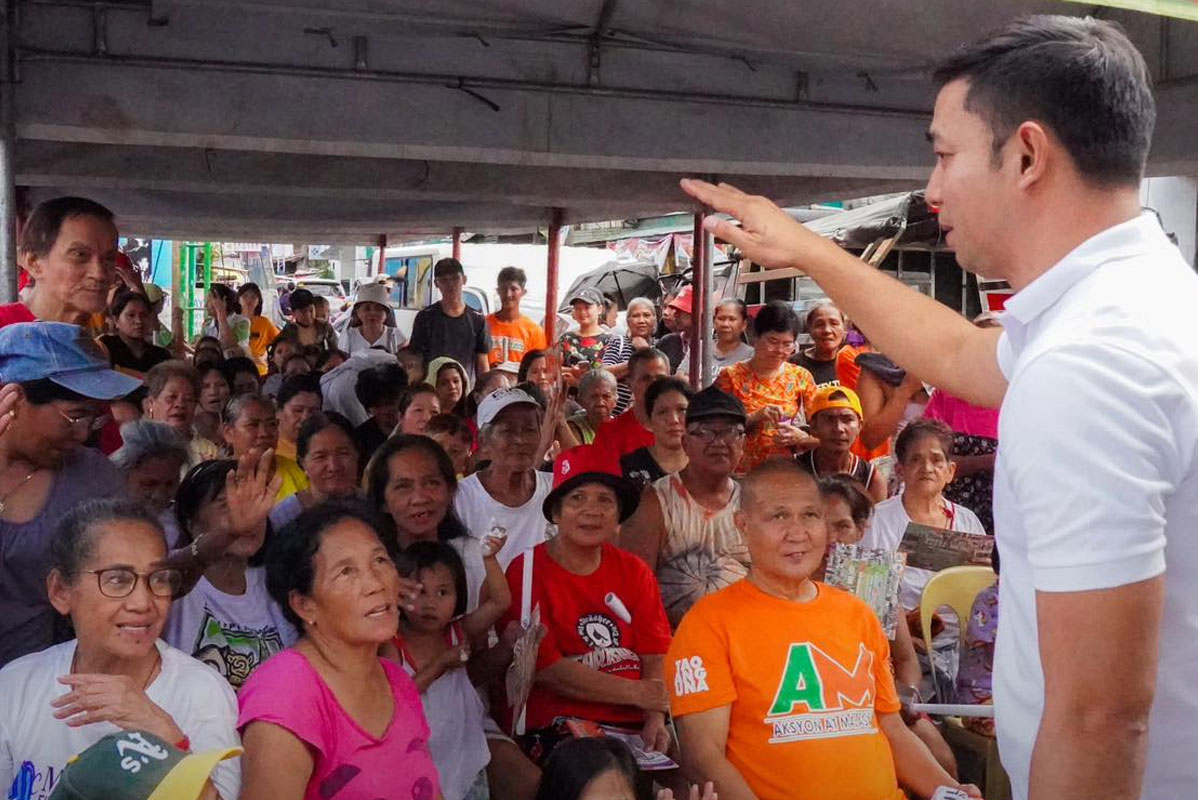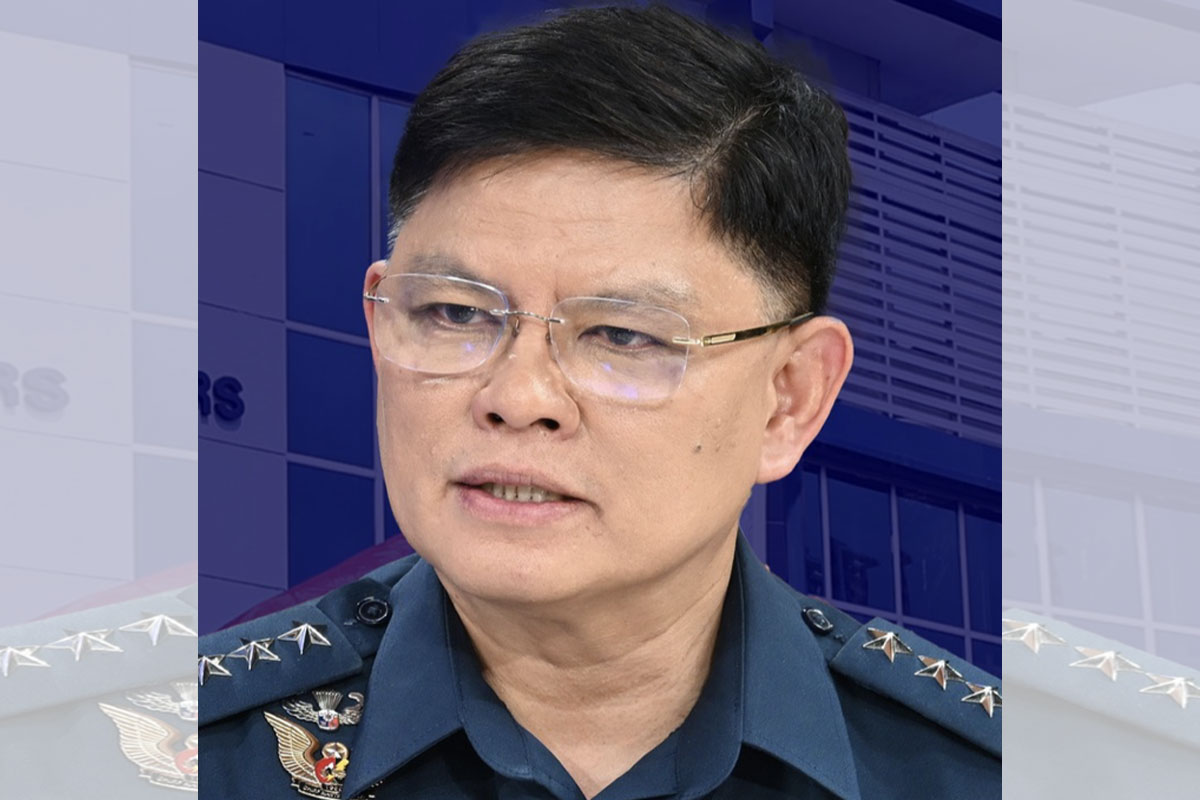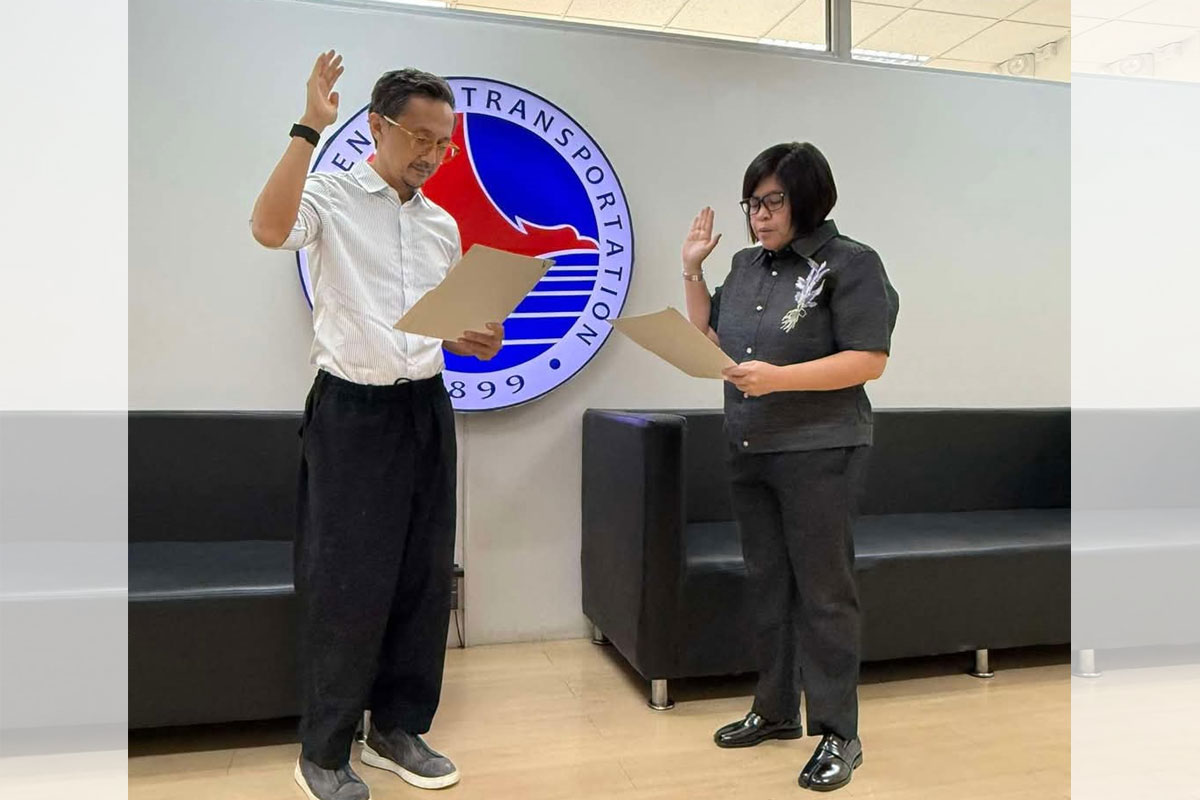
Cayetano backs Escudero in contempt order controversy
SENATOR Alan Peter Cayetano has stepped in to defend Senate President Francis “Chiz” Escudero’s controversial decision to rescind a contempt order issued against Ambassador Markus V. Lacanilao, emphasizing that institutional procedure — not political heat — must guide the chamber’s actions.
At the heart of the controversy is a heated Senate hearing on the March 11 transfer of former President Rodrigo Duterte to the International Criminal Court (ICC). During the session, Lacanilao, the special envoy on transnational crime, was accused of providing misleading testimony.
His admission that he did not know whether Duterte had been presented before a Philippine court raised eyebrows, especially as he had personally signed the transfer documents and accompanied the former President.
This prompted Senator Imee Marcos, chair of the Senate Committee on Foreign Relations, to order Lacanilao’s detention for contempt.
However, Escudero reversed the order just hours later, citing a breach of Senate protocols.
His move sparked backlash, with Marcos calling the decision “dangerous” and expressing her dismay publicly.
Cayetano, however, threw his support behind Escudero, pointing out that Senate rules are clear: the Senate President has the discretion to approve—or withhold approval from—contempt orders.
“Hindi ministerial… hindi ibig sabihin na forced ang Senate President pumirma,” Cayetano explained, noting that in similar cases in the past, Senate leadership has always been expected to exercise judgment before signing such orders.
He added that this isn’t a new issue.
“Hindi basta-basta lang pirma ng subpoena o contempt order,” Cayetano said, recalling prior instances when due process was observed even in contentious hearings. He emphasized the need to avoid acting rashly when emotions run high in politically sensitive inquiries.
Escudero himself reiterated this view in his formal statements, underscoring the need for fairness and institutional consistency. “All members of the Senate are fully aware that… the power of a committee chairperson to order the arrest or detention… is subject to the approval of the Senate President,” he said.
Instead of outright contempt, Escudero issued a show cause order giving Lacanilao five days to explain why he should not be cited.
For Cayetano, Escudero’s action was not just correct—it was essential in preserving the credibility of the Senate. By ensuring that even those accused of lying to the chamber are afforded due process, Cayetano suggested the Senate reaffirms its commitment to fairness and rule of law, rather than being swayed by political pressure.
The incident has stirred broader conversations about the role of politics in legislative hearings, especially with the 2025 elections looming. Escudero had earlier warned against using Senate proceedings for “propaganda o self-promotion,” a sentiment that Cayetano’s remarks appeared to echo, subtly cautioning his colleagues to separate governance from campaigning.
As Lacanilao prepares his response to the show cause order, the Senate is poised to make a crucial decision—one that may further test its balance between justice, procedure, and political will.













